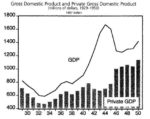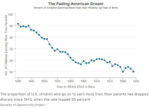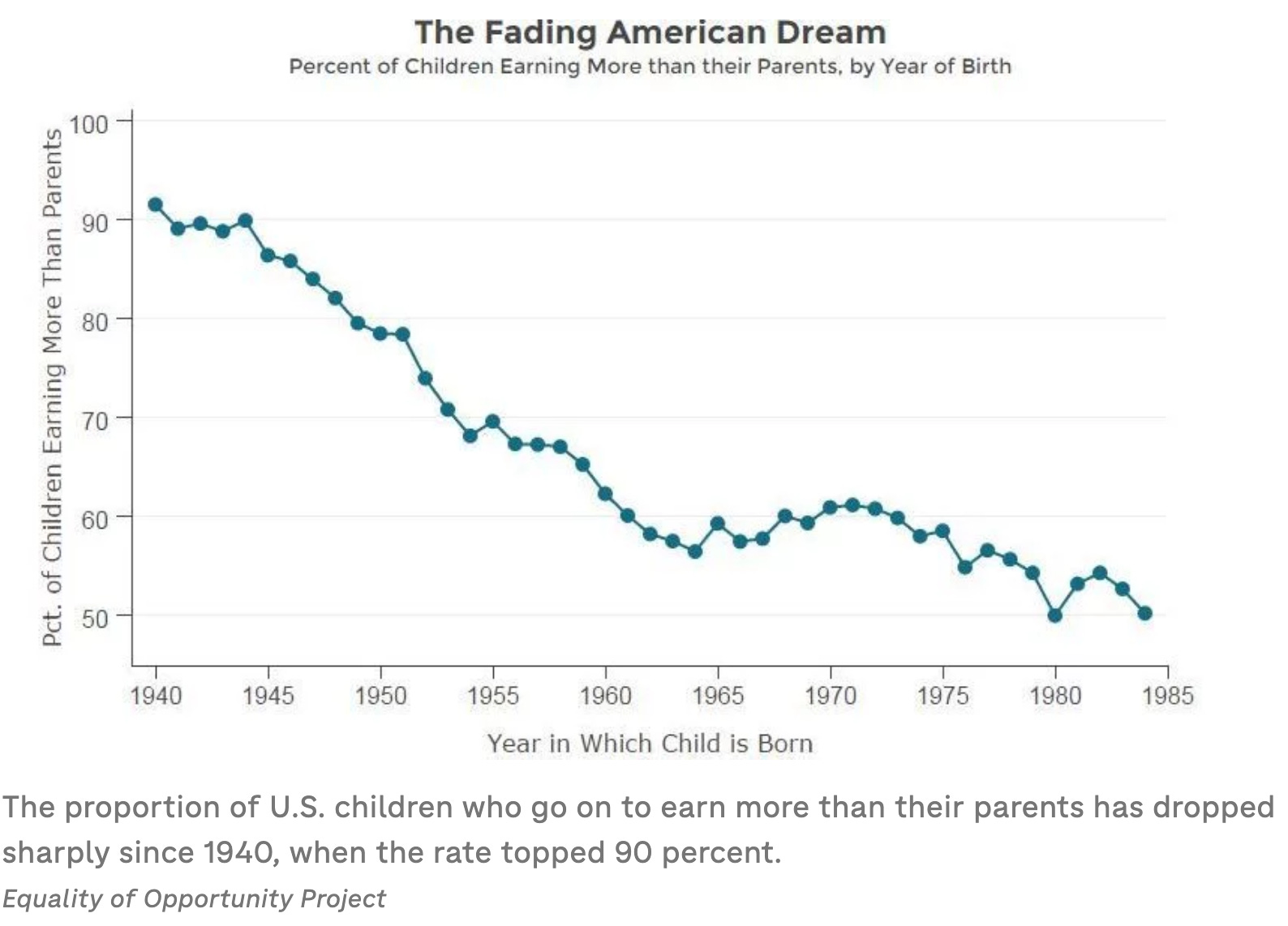Time preference refers to the preference of satisfaction in the present as compared to a future time. A person who heavily prefers current consumption to future consumption has a high time preference as he places a heavy premium upon satisfaction as soon as possible. By contrast, a person who does not place a heavy premium upon instant satisfaction has a low time preference. People with low time preferences are more likely to save and invest their money for greater future rewards. This tendency to delay consumption for the sake of increased production leads to the accumulation of wealth that propels the process of civilization.
In Democracy: The God That Failed, Hans-Hermann Hoppe states:
However, no matter what a person’s original time-preference rate or what the original distribution of such rates within a given population, once it is low enough to allow for any savings and capital or durable consumer-goods formation at all, a tendency toward a fall in the rate of time preference is set in motion, accompanied by a process of civilization.
Hoppe says that when savings or capital formation is possible, it is likely for individuals to lower their time preference. This is due to the observation that delaying gratification can lead to significantly greater production possibilities. The more savings grow and a larger supply of capital goods forms, the greater the tendency for time preference to be lower as the rewards for delaying consumption become greater. As a result, savings allow for greater economic growth than previously possible.
Once the process toward civilization is started and subsistence is no longer the only goal, additional more delayed goals can be held by individuals. Therefore, it becomes more appealing for individuals to save rather than consume. For example, an investment such as a home requires a significant amount of savings due to its resource intensiveness. The construction or acquisition of a home necessitates low-time-preference behavior as an individual requires abundant means to achieve the goal of owning a home. In a high-time-preference society, fewer higher-order goods would exist due to the unwillingness of individuals to save what they earn. This also lowers investment, causing a disparity in wealth between a low-time-preference society and a high-time-preference society.
This leads to the valid inference that a society with more low-time-preference individuals is likely to be wealthier than a society with a greater amount of high-time-preference individuals. Thus, cultures that encourage low-time-preference behavior such as saving are more likely to thrive than cultures that do not. An example of this is Liechtenstein, which has benefited substantially from a history of low time preference. Liechtenstein benefits from a government that is less prone to high-time-preference political action as many other nation-states are. Citizens of Liechtenstein have considerable freedom and a willingness to save their money and to employ them for future gain.
Entrepreneurs provide a good example of how low time preference leads to wealth. Not all entrepreneurs are successful, but entrepreneurship is a large commitment and often requires prospective entrepreneurs to have low time preference. Those wishing to start a firm must save resources or money to finance the operations of a business. They are the prime example of how delayed gratification leads to greater wealth than is otherwise possible. It should be no secret that the habits of those who generate the most wealth in society are the habits that lead toward a more prosperous civilization. This is reflected in the fact that countries which allow for easier entrepreneurship are also the most likely to undergo economic growth.
On the other hand, time preference may also be used to explain decivilization. Hoppe contends this occurs when circumstances arise that cause individuals to no longer view savings or investments as safe or reasonable. An example is the inflation common in fiat money economies. As states inflate the money supply of a currency, they actively erode the purchasing power and savings of low-time-preference individuals, thus leading to a tendency for individuals to revert to a higher time preference. As savings drop, capital goods become scarcer, and economic growth halts. A society will regress if it does not maintain its infrastructure or pool of savings. Modern economic stagnation can be explained by inflation in this regard, as it is a direct consequence of rising time preferences.
Humans have adapted to their conditions throughout history. The most industrious have learned that lowering their time preference allows for more wealth accumulation. When supported by a system of free markets and private property, these individuals are allowed to thrive. Unfortunately, the current system of nation-states places too many roadblocks upon them.
Full story here Are you the author? Previous post See more for Next postTags: Featured,newsletter























